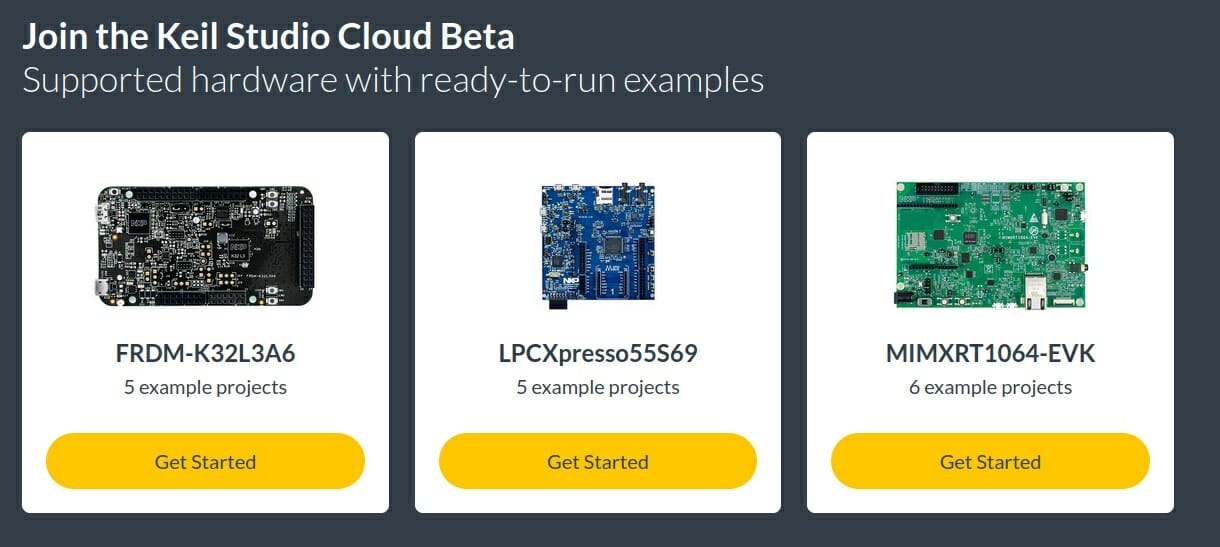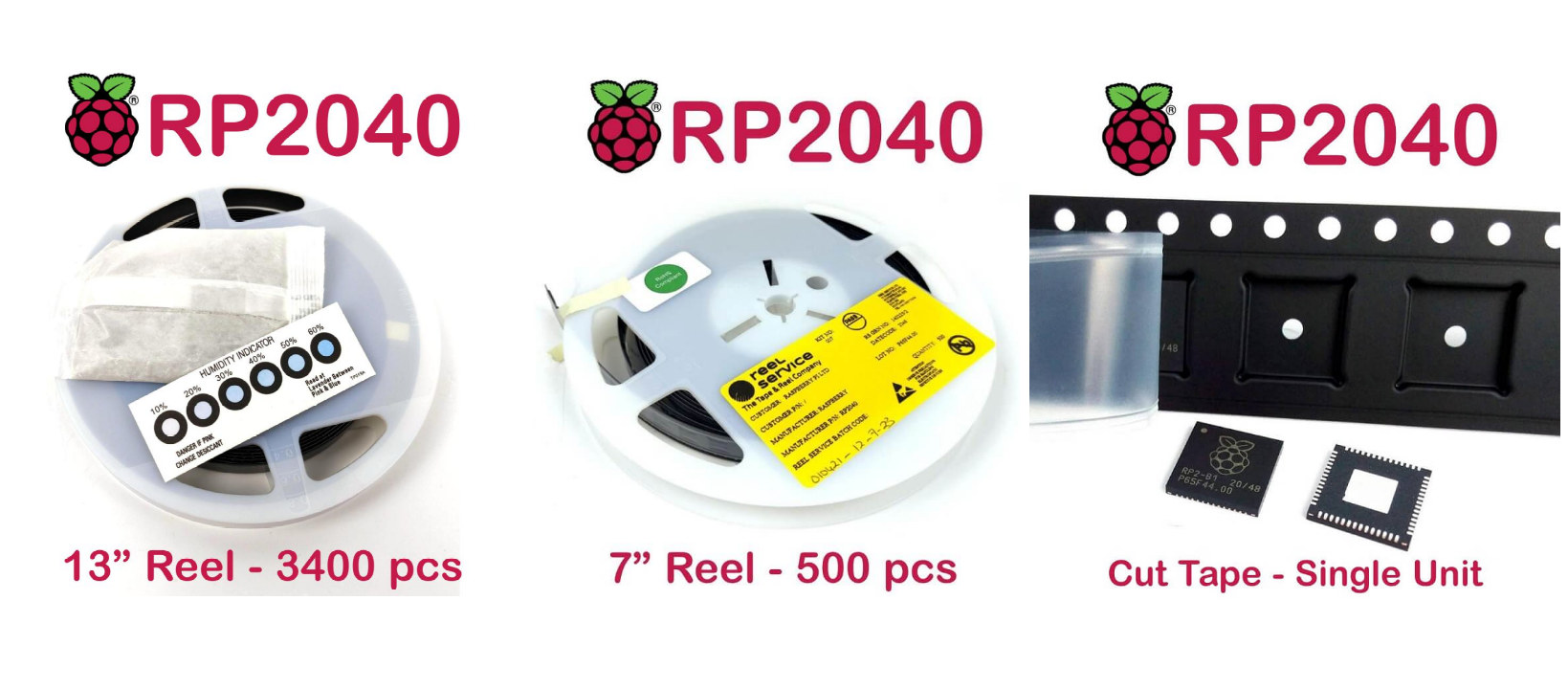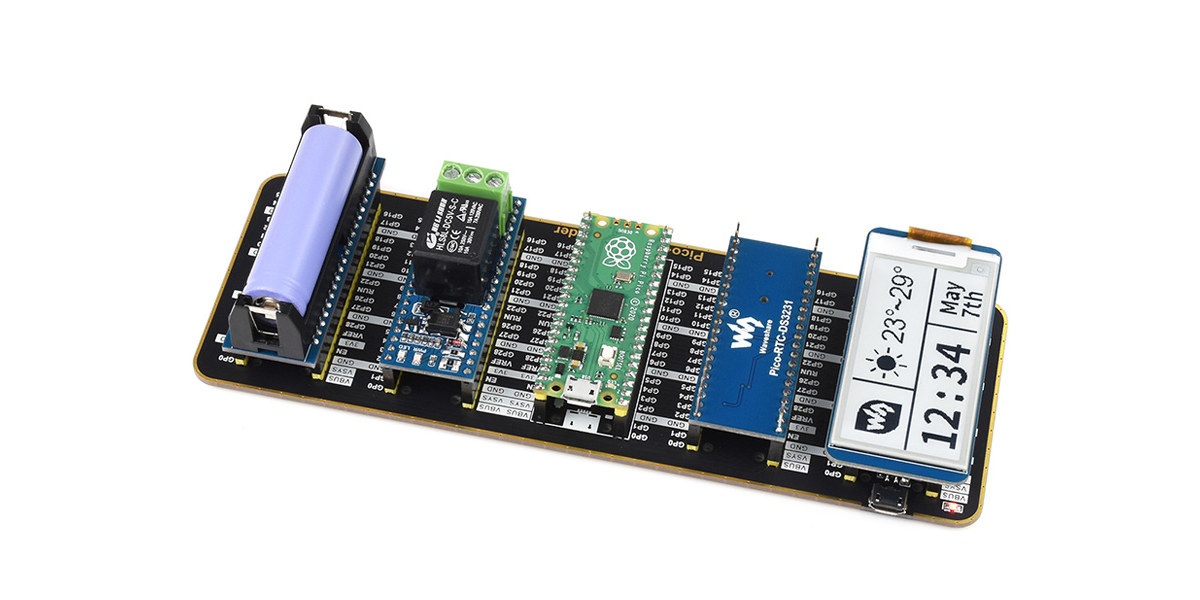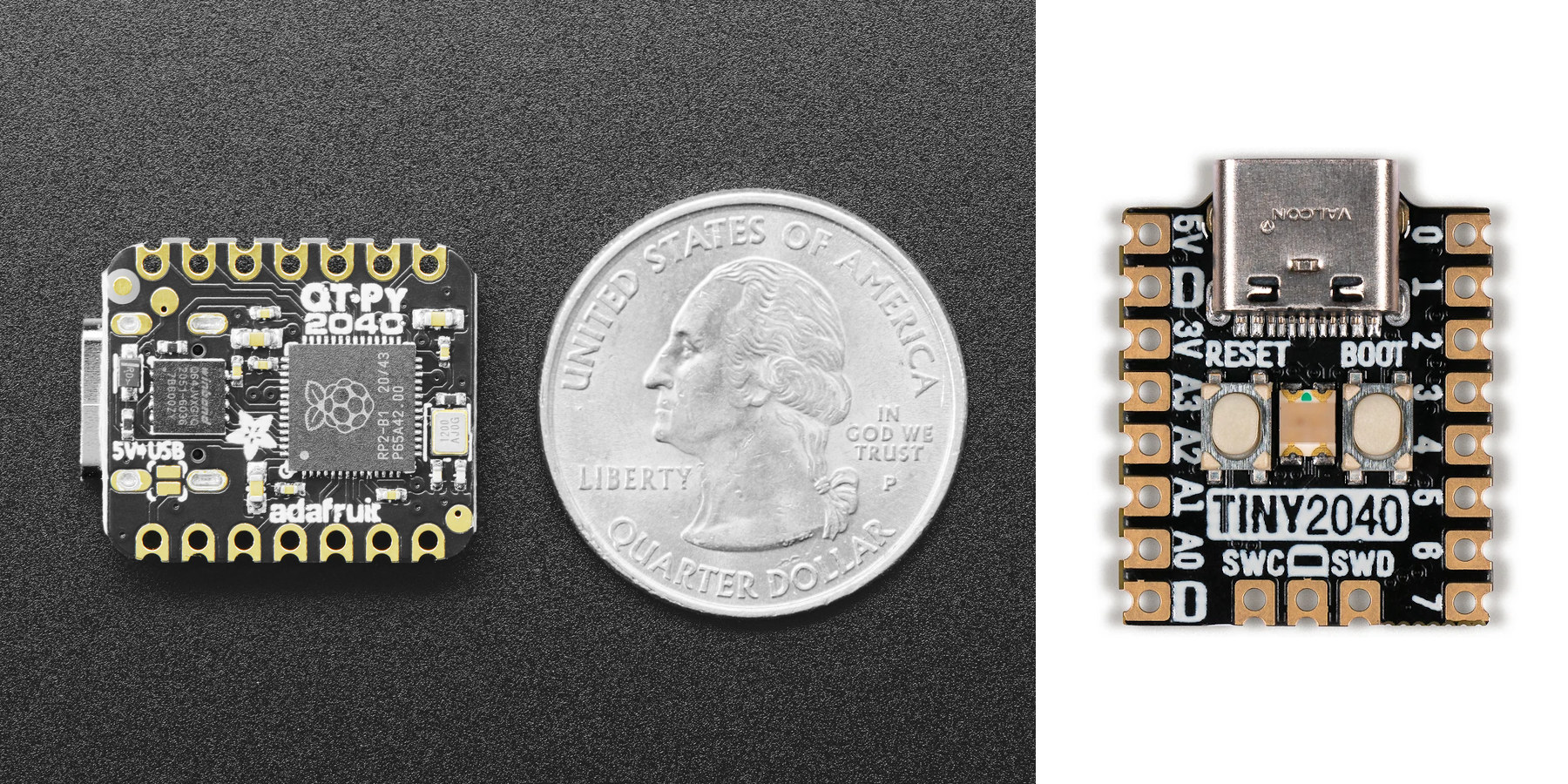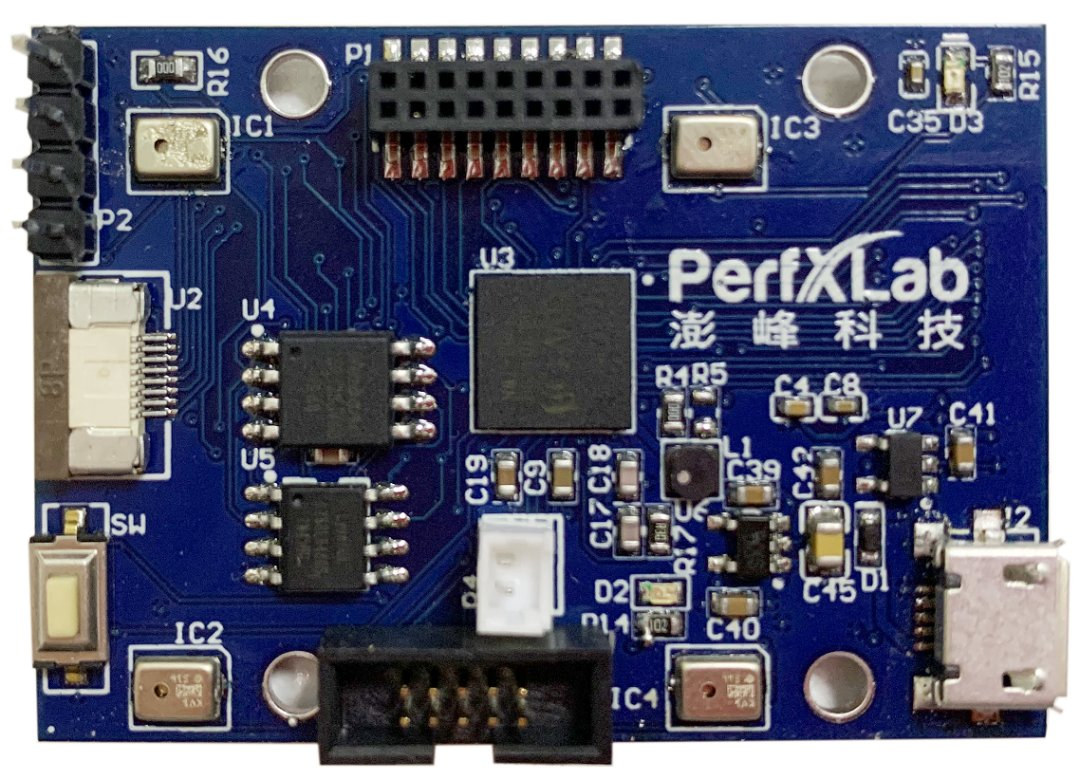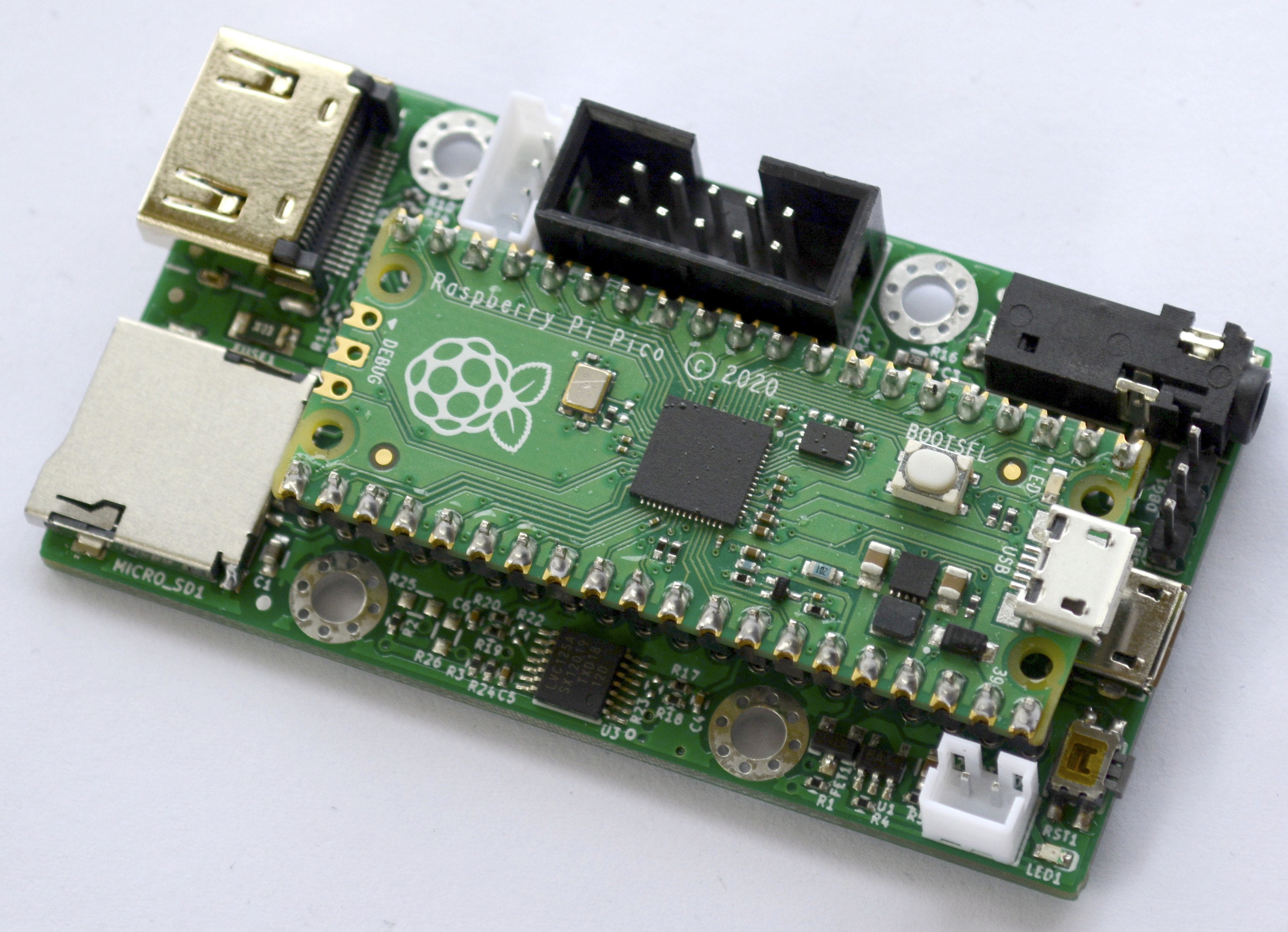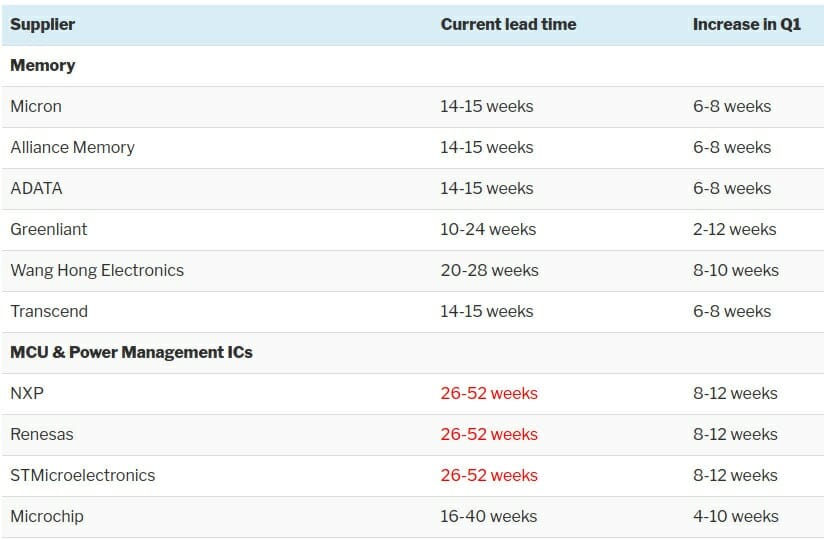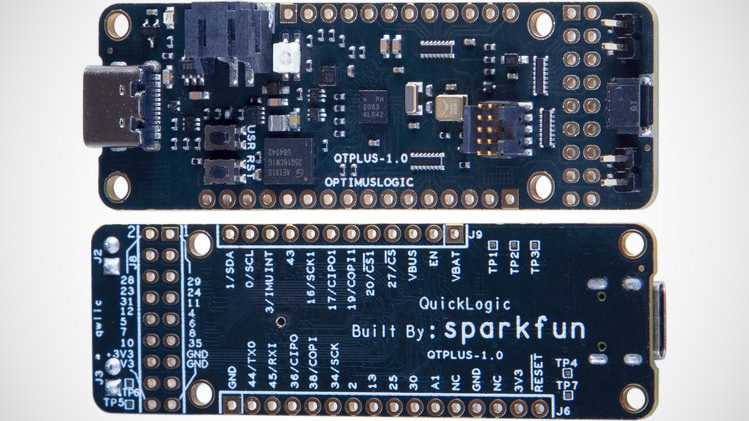Arm has just announced two new initiatives that aim to boost the productivity embedded, IoT, ML, and MCU software developers: the Open-CMSIS-Pack project and Keil Studio Cloud. The Open-CMSIS-Pack Project The Cortex Microcontroller Software Interface Standard (CMSIS) packs have been around for years providing a vendor-independent hardware abstraction layer for microcontrollers, mostly Cortex-M based, but others too, and currently support close to 9000 different microcontrollers. I always assumed CMSIS was open-source as the source code is available in Github under an Apache 2.0 license. But apparently, not all components are, and Arm has now announced the Open-CMSIS-Pack project that will move part of CMSIS into the open project in collaboration with the Linaro IoT and Embedded Group. Linaro, Arm, and other partners like STMicro and NXP will initially focus their work on command-line tools and CMake workflows, with the ultimate goal of making the CMSIS-Pack technology into a true open […]
You can now buy Raspberry Pi RP2040 MCU for one dollar
Raspberry Pi RP2040 microcontroller is not exactly new, as it was introduced with Raspberry Pi Pico board last January. But until now, you had to get samples from the Raspberry Pi Foundation due to limited supplies. What has changed today is that you can more easily buy Raspberry Pi RP2040 MCU for one dollar either in single quantity or reels with the following pricing: Reel/Tape with 3400 pcs for $3400 US Reel/Tape with 500 pcs for $500.00 US Raspberry Pi RP2040 cut tape (single unit): $1.00 US The math geniuses among us will have quickly figured out there isn’t any volume discount, so it’s one dollar per chip whether you buy one or thousands. [Update: See comment from Raspberry Pi Foundation below explaining pricing for reels is still to be determined] That’s about all there’s new. If you have not quite followed recent Pico news, here’s a summary of Raspberry […]
Quad GPIO Expander for Raspberry Pi Pico adds battery, display module, sensors, etc…
People are normally using MCU boards for their low cost, low-power consumption, low price and/or real-time ability. The Raspberry Pi Pico is no exception, but if you don’t care about using a large board, Waveshare created a 177 x 62 mm “expander” board for the Raspberry Pi Pico that can take four modules. The company’s Quad GPIO Expander board includes a set of female headers for RPi Pico, and four sets of 2×20 male headers for extra modules that bring support for 14500 batteries, OLED displays, RTC, relays, and other compatible modules. The expansion board also has a Micro USB port for power, and to leave the Micro USB OTG port on the Raspberry Pi Pico for other purposes. Each header pin is clearly labeled, which could be useful if using some of the pins with jumper wires instead of modules. Waveshare has hundreds of different modules and somehow decided […]
The Tiniest Raspberry Pi RP2040 Boards – Tiny 2040 & Adafruit QT Py RP2040
The Raspberry Pi Pico officially board for RP2040 MCU has a lot of free space on the PCB. So when third parties made their own board they either added features like camera, display, and sensors as found on like on Arducam Pico4ML board, while others “cut the fat” to the minimum. Some of the tiniest Raspberry Pi RP2040 boards are Pimoroni Tiny 2040 & Adafruit QT Py RP2040, both of which come with the dual-core Cortex-M0+ MCU, a USB-C port, two buttons, some I/O ports, and not much else. Tiny 2040 Pimoroni Tiny 2040 specifications: MCU – Raspberry Pi RP2040 dual-core Cortex-M0+ microcontroller@ up to 133Mhz with 264kB of SRAM Storage – 8MB QSPI flash USB – USB Type-C port for power, data, and programming I/Os – 2x 8-pin castellated and through holes for 12 I/Os pins including 4x analog inputs, SPI, I2C, UART, 5V, 3.3V, and GND Debugging – […]
Perf-V Beetle board features GAP8 multi-core RISC-V AI MCU
GreenWaves Technologies introduced the GAP8 low-power RISC-V IoT processor optimized for artificial intelligence applications in 2018. The multi-core (8+1) RISC-V processor is especially suitable for image and audio algorithms including convolutional neural network (CNN) inference. The same year, the company launched the GAPUINO development kit that sold and (still sells) for $229 with QVGA camera and a multisensor board with four microphones, an STMicro VL53 Time of flight sensor, an IR sensor, a pressure sensor, a light sensor, a temperature & humidity sensor, and a 6-axis accelerometer/gyroscope. But there’s now a much more affordable solution to evaluate GAP8 multi-core RISC-V MCU with PerfXLab Perf-V Beetle board. Perf-V Beetle board specifications: MCU – GAP8 IoT Application Processor with 8x RISC-V compute cores, 1x RISC-V fabric controller core delivering up to 200 MOPS at 1mW and >8 GOPS at a few tens of mW System Memory – 64 Mbit SPI SRAM (LY68L6400SLIT) […]
Olimex RP2040-PICO-PC “computer” to feature RP2040-Py Raspberry Pi Pico compatible module
We previously wrote it was possible to create a Raspberry Pi RP2040 board with HDMI using DVI and programmable IOs to output video up to 640×480 at 60 Hz with the microcontroller’s Cortex-M0+ cores clocked at 252 MHz. At the time, we also noted Olimex was working on such a board with RP2040-PICO-PC designed to create a small Raspberry Pi RP2040 computer with HDMI/DVI video output. The Bulgarian company has now manufactured the first prototype, but due to supply issues with the Raspberry Pi Pico board, they also designed their own RP2040-PICO module since they’ve got a reel of Raspberry Pi RP2040 microcontrollers. RP2040-PICO-PC small computer board Specifications: Support for Raspberry Pi Pico board Storage – MicroSD card Video Output – HDMI port with DVI signal (note no audio through this interface) Audio output – 3.5mm audio jack Expansion UEXT connector with UART, SPI, I2C, 3.3V, and GND to attach […]
Semiconductors lead times in March 2021
As we previously mentioned previously there is a serious chip shortage that will lead to supply issues and higher prices for single board computers and other electronics products. A few days ago, Hardkernel had o increase the price for ODROID boards using DDR4 memory with increases of $3 to $4 for ODROID-N2+, ODROID-C4, and ODROID-HC4 boards. But besides price increase, some semiconductors will not be available at any price with extended periods as lead times of up to 52 weeks have been reported as shown in the table below, obtained from a trusted, anonymous source, which I have translated from Chinese. Every manufacturer is impacted, but items highlighted in red are severely impacted. Since include processors from Qualcomm, STMicroelectronics, and NXP, as well as Broadcom wireless chips which are found in nearly every SBC with WiFi or Bluetooth through Ampak modules. Here’s the source image in Chinese for reference. Jean-Luc […]
Sparkfun Thing Plus – Quicklogic EOS S3 Arm eFPGA board launched in Crowd Supply
SparkFun Electronics is a well-known electronics retailer that usually sells its in-house developed or third-party boards through its own online store. But this time around, the company decided to launch “Sparkfun Thing Plus – Quicklogic EOS S3” through Crowd Supply crowdfunding platform. The board is based on QuickFeather board designed with the same Quicklogic EOS S3 Arm Cortex-M4 plus embedded FPGA SoC, but follows Sparkfun’s Thing Plus form factor with a Qwiic connector and a different mix of sensors. Sparkfun Thing Plus – Quicklogic EOS S3 (QTPLUS-1.0) board specifications: SoC – QuickLogic EOS S3 MCU + eFPGA SoC with Arm Cortex-M4F Microcontroller up to 80 MHz, up to 512 Kb SRAM, and an embedded FPGA (eFPGA) with 2400 effective logic cells, 64 Kb RAM Storage – 16 Mbit SPI NOR flash (GigaDevice GD25Q16CEIGR) Sensors STMicro LIS2DH12TR accelerometer Digital pulse density modulation (PDM) microphone with Wake-on-Sound (WoS) feature: Vesper VM3011-U1 Expansion […]


